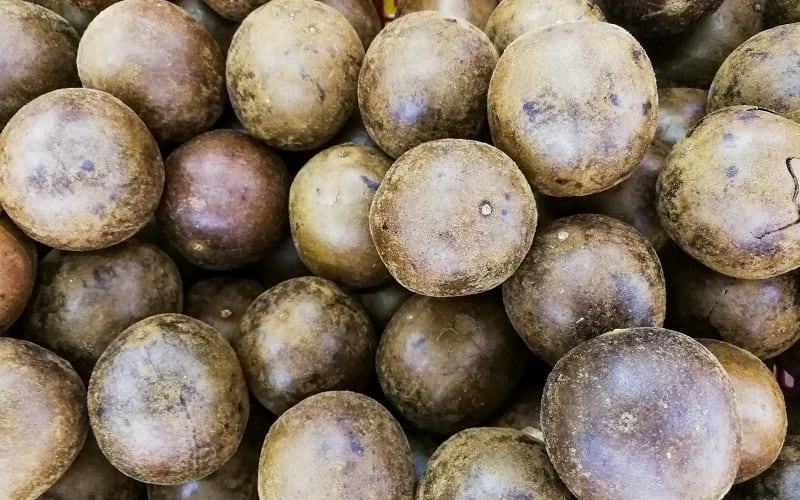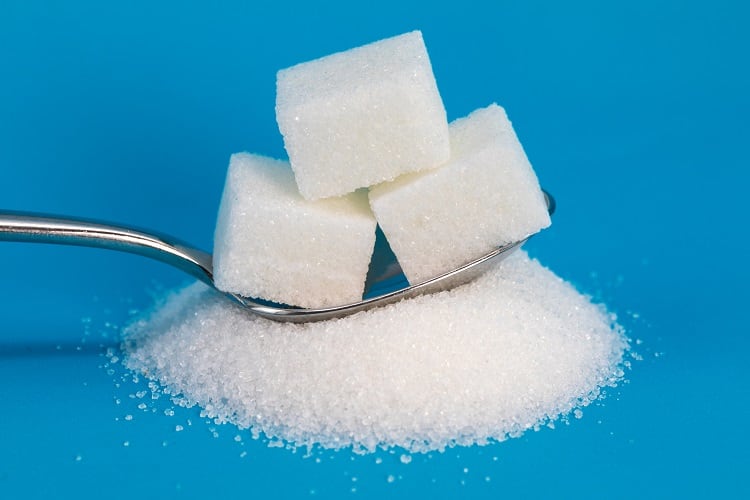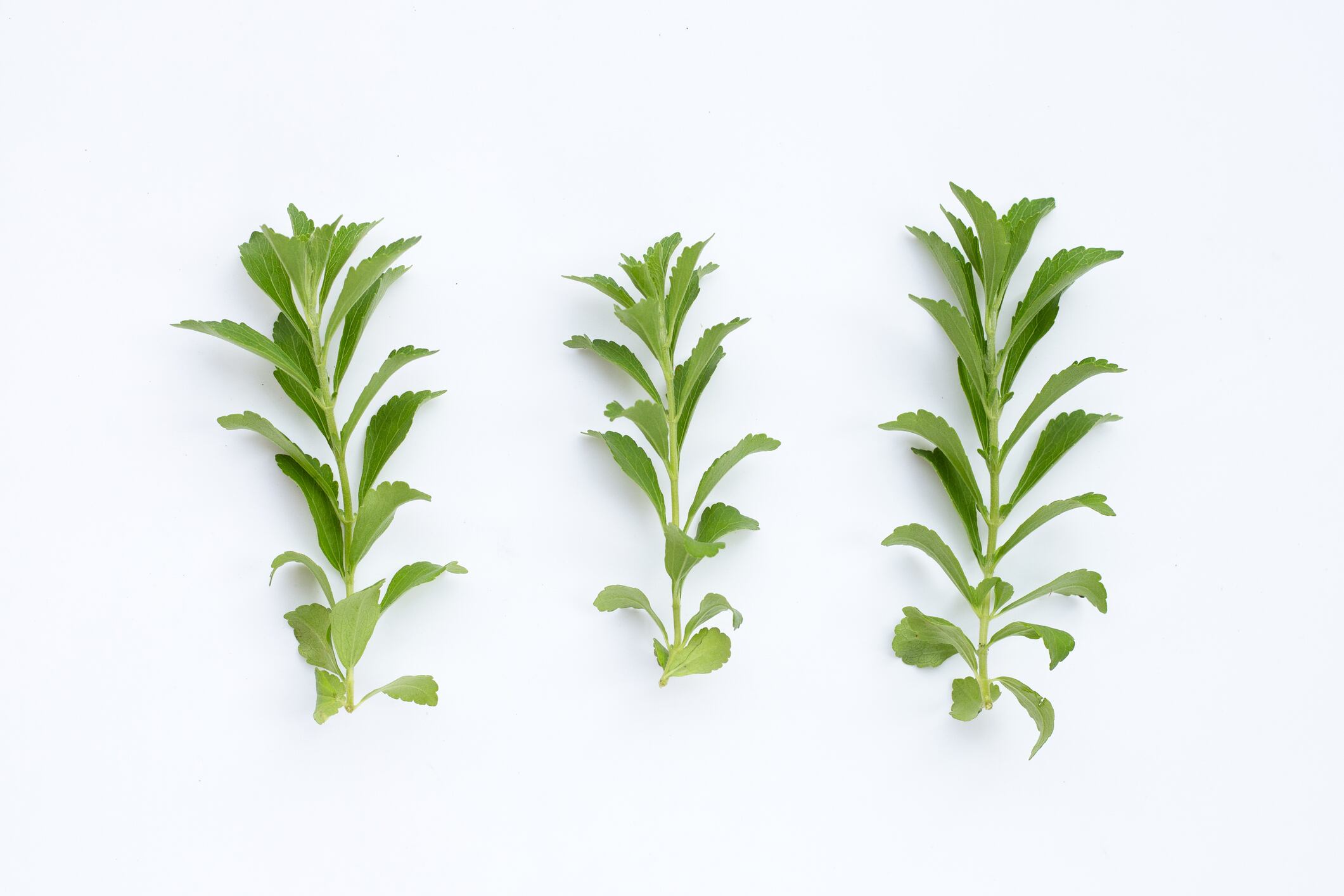Cargill’s recently launched consumer research, ClaimTracker, assessed the impact of dozens of claims as purchase drivers for food and beverage products. According to the research, non-GMO package claims are less impactful on consumers’ preferences. “Those referencing non-GMO status failed to break the top 30 [of purchase drivers]. This suggests that while non-GMO claims remain nice to have, they are not key purchase drivers,” she said.
However, views on non-GMO claims may differ among categories due to varied production and compliance protocols. For example, non-GMO may be critical in dairy as most animal feed may contain GMO crops, according to the non-profit organization, Non-GMO Project as reported previously by FoodNavigator-USA.
While 75% of consumers want their food as natural as possible, 61% see science and technology, like precision fermentation, as a solution to address climate change and improve the food system, according to a study by Hartman Group, Perfect Day and Cargill, which underscores the opportunity for suppliers to produce both healthy and environmentally sustainable ingredients.
While non-GMO claims are considered less impactful, the above mentioned report also found that GMO claims are welcomed by younger consumers, aligning with their perception of food science and technology as applicable solutions towards a more sustainable food system.
Consumer attitudes towards sugar are based on “natural” and “no/low” claims
Cargill’s proprietary consumer research survey, TrendTracker, found that four in ten consumers are trying to avoid sugar, which is up seven percentage points from 2021. Reducing sugar, consumers reported, is the primary method towards creating healthier food and beverages, Saunders explained.
Taste continues to be the primary driver behind consumers’ food and beverage preferences across numerous surveys from International Food Information Council’s 2023 Food and Health survey to Hartman Group’s Modern Beverage Culture report. Yet, consumers are also more aware of the health risks associated with added sugar and artificial sweeteners, challenging CPG brands to develop products that address the taste experience without any side effects.
When checking for sugar content, consumers are looking more for the amount as opposed to identifying a specific sweetener or claim on labels. However, Saunders added, “sweeteners can influence purchases.” She said that “natural” claims are more attractive to consumers, as well as “no artificial sweeteners,” “naturally sweetened,” or “made with a natural sweetener.” Further, consumer attitudes indicate that they are acceptant towards some sugar in a product, with claims like “no added sugar” and “low sugar” showing higher net purchase impact scores in contrast to claims like “0 grams of total sugar,” “no sugar” and “sugar-free.”
Cargill’s stevia portfolio addresses sugar reduction across applications
Since Cargill’s initial launch of its commercial-scale stevia leaf extract, Truvia in 2008, the company continues to address a growing demand for sugar reduction across applications. Stevia leaves have dozens of sweet compounds which exhibit unique interactions within different food systems, Saunders said.
Cost, sustainability and scale are ongoing challenges that suppliers face—and fermentation offers solutions to producing rarer compounds like Reb M and Reb D found in the stevia plant. In partnership with dsm-firmenich, Cargill’s EverSweet is made from these rare compounds, which comprise less then one percent of the stevia leaf’s makeup, via fermentation “to deliver great-tasting zero-calorie sweetness more affordably, more sustainably and at commercial scale,” Saunders added.
Using a third-party-verified life cycle analysis on EverSweet’s production, Cargill reported a 98% reduction in water and 83% less carbon dioxide than beet sugar. “The fermentation-derived sweetener offers a similarly impressive advantage over other stevia production methods, including Reb M sweeteners produced through bioconversion,” Saunders explained.
More recently, Cargill’s EverSweet + ClearFlo sweetener blends sugar reduction with flavor modulation, addressing mouthfeel, taste and functionalities like solubility and dissolution, with a sugar-like experience and profile that is close to sucrose, especially in higher concentrations, Saunders explained.
“At the same time, it helps manage off flavors from other ingredients used in formulation, including earthy and beany notes from plant-based proteins, bitterness from caffeine or vitamins, or metallic tastes from potassium chloride or other minerals,” she emphasized.
EverSweet + ClearFlo is labeled as stevia sweetener and natural flavor in the US, satisfying consumers’ label expectations.
“To achieve great taste, formulators need to consider taste, sweet-sour balance, acidity, mouthfeel and more, in order to arrive at the optimum solution for their specific formula. It’s not just about sweetness, it’s about the entire system,” Saunders added.




